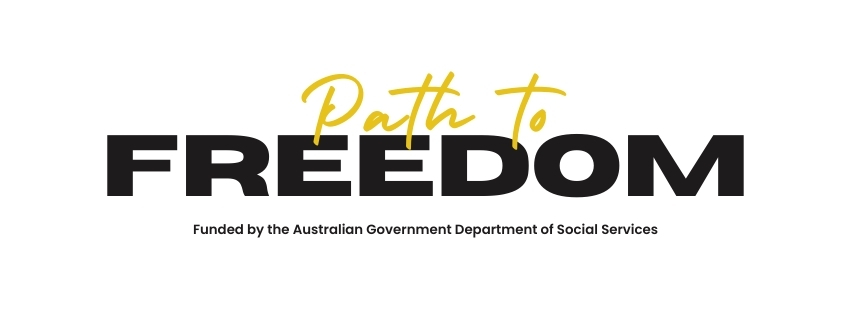For many young people, growing up is about finding your place, building connections, chasing dreams, and shaping your future.
But for young people living with psychosocial disabilities, especially those from Culturally and Linguistically Diverse (CALD) backgrounds, that journey can be more complex. That’s where BREED Australia’s Path to Freedom program steps in—a targeted initiative designed to bridge the gap and empower young people towards independence and community inclusion.
What Is Psychosocial Disability?
A psychosocial disability isn’t just about having a mental health condition. It’s about how conditions like schizophrenia, bipolar disorder, severe anxiety, or depression impact a person’s ability to engage with daily life.
These conditions may make it harder to:
- Build and maintain relationships
- Hold a job or pursue study
- Manage everyday tasks
- Access services or supports
Unlike physical disabilities, psychosocial disabilities are often invisible—and the type and level of support needed can change over time.
The Unique Challenges for CALD Youth
Young people from CALD backgrounds often face additional barriers:
- Cultural stigma around mental health
- Language barriers
- Limited access to culturally safe services
- Lack of representation in support systems
That’s why programs like Path to Freedom don’t just offer help—they provide culturally responsive pathways to growth, opportunity, and belonging.
Why Targeted Support Matters
Without the right support, young people with psychosocial disabilities risk being left behind. They’re among the most disadvantaged in our community.
Many experience:
- Isolation
- Lack of access to appropriate services
- Limited support networks
- Missed educational and employment opportunities
These young people are not lacking ability—they’re lacking opportunity.
That’s what Path to Freedom is here to change.
How Path to Freedom Helps
Funded through the Australian Government’s Individual Capacity Building (ICB) program, Path to Freedom provides tailored support for young people aged 12 to 24 from CALD backgrounds living with psychosocial disabilities.
The program supports participants by:
1. Building Skills and Confidence
Workshops help develop:
- Leadership and communication
- Emotional resilience
- Life skills for independence
These skills lay the foundation for confidence and future success.
2. Creating Community Connections
Through involvement in community projects, participants build meaningful connections, feel a sense of purpose, and contribute to society.
3. Planning for the Future
The program supports goal setting and pathways into:
- Employment
- Further education
- Financial independence
4. Supporting Families and Carers
When families are empowered and included, young people thrive. Path to Freedom includes resources and -support for those who care for participants.
5. Respecting Culture and Identity
The program is designed to be culturally inclusive, so no one has to choose between receiving help and staying true to their cultural values and traditions.
Why This Work Matters
Path to Freedom is not a luxury—it’s a necessity. When young people receive the right support:
- They thrive, not just survive
- They build independence and resilience
- They contribute to their communities
- They reshape the narrative around disability
At BREED Australia, we don’t just offer help—we create opportunities. Through Path to Freedom, we’re investing in a future where every young person has the tools and support they need to define their own success.
Learn More and Get Involved
Want to know more about how we’re changing lives?
➡️ Explore the Path to Freedom program and see how you or someone you care about can get involved today.

